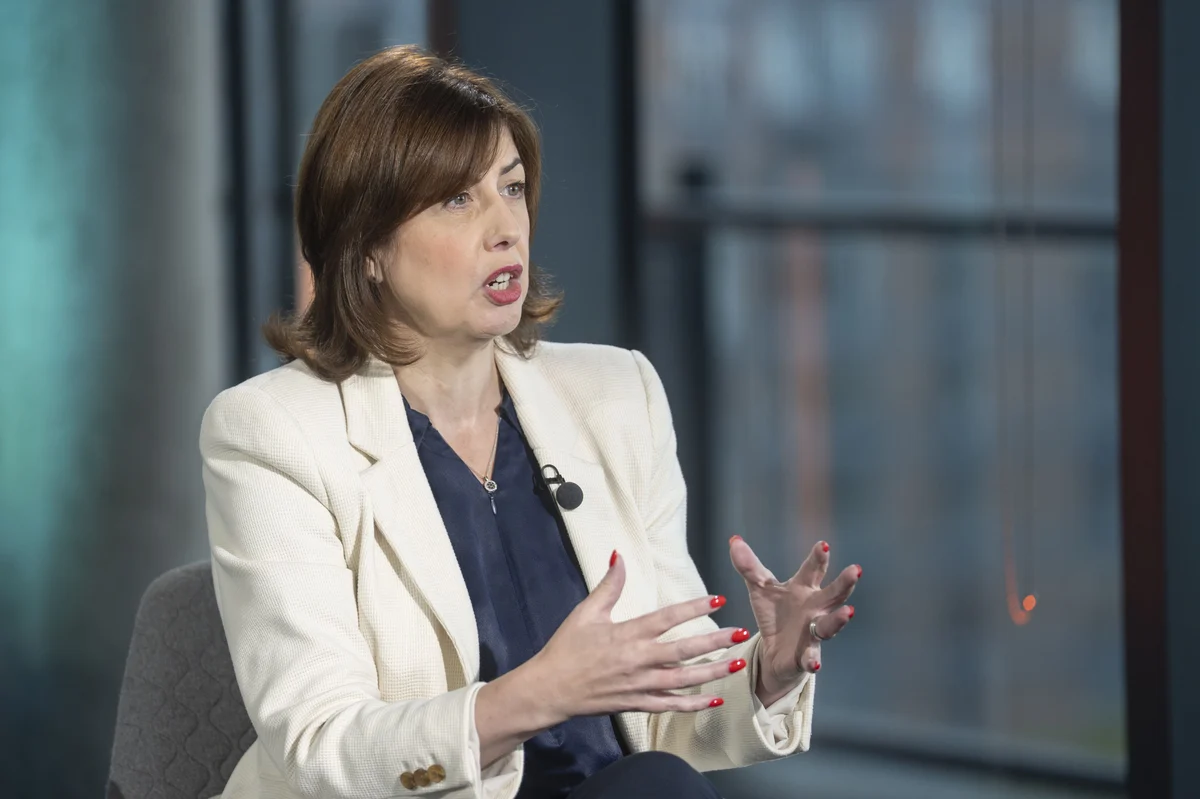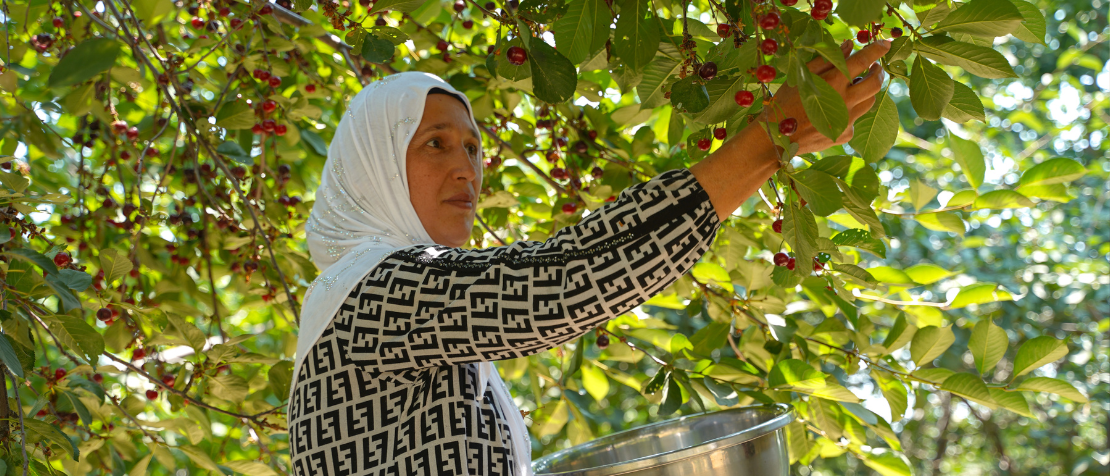Copyright yle

There has been a sharp rise in the number of eighth and ninth graders in Finland who say they regularly skip the lunches served at schools. Only slightly more than half of lower secondary school students eat the free school lunch every day, according to the results of the latest School Health Survey, carried out by public health authority THL. Two years ago, that proportion stood at over 60 percent. The survey also found that teenage girls in particular were more likely to skip school lunches. In 1948 Finland became the first country in the world to provide all schoolkids daily, free-of-charge lunches. The initiative was aimed at tackling poverty-related child malnutrition in the post-war years, and it has since become a proud cornerstone of the Finnish education system. However, the increasing reluctance among Finnish teens to eat the meal every day has left schools and THL researchers alike scratching their heads. "The overall quality and taste have received worse ratings compared to before," THL's research director Susanna Raulio noted. "These may partly explain the result, but there is nothing in the survey data so radical that it would explain why the decline has affected girls so much." Many different reasons for declining popularity Previous surveys have pointed to a number of different factors why kids would skip the school meals. One common reason is peer pressure, as some will choose not to eat lunch at school if their friends are doing the same. Others skip the meal because they prefer to eat snacks brought from home, while some choose to eat during home economics class. In addition, lunch is often served quite early at some schools, for example at 10:30am, and the students simply aren't hungry. Raulio added that THL has received feedback from schools that young people's idea of what constitutes ordinary home-cooked food has changed over time, especially as ready-made meals and fast-food-style dishes have become more popular. THL's latest survey found that fewer than half of students think school tastes good. Teenagers have also complained about long queues as well as the noisy cafeterias. According to Marjaana Manninen, a counsellor at the Finnish National Agency for Education, this is a direct result of the drastic changes that have taken place within the Finnish school system over the past few decades. Yle News reporter Matthew Schilke made a short video about this topic. Previously, the network consisted of many village schools with small numbers of students. Widespread closures caused by funding cuts mean the number of schools have decreased while their size has increased. Many schools only have a single dining area — which cater to all students and often for staff, as well. "We should consider how big the space should be and how many serving lines are needed. This may not have been thought through a they were planned. It could be that two or three dining spaces are needed so that everyone can get their food on time," Manninen said. Manninen also expressed concern about the effect skipping school meals can have on students, especially younger ones, as many also skip breakfast. "In that case, the daily meal rhythm is disrupted," she said. The fight against snackification The National Agency for Education has set an ambitious goal to get every student in the country to eat a school meal every day by 2030. The free school lunches are viewed as an important means of increasing students' stamina, improving their health and well-being, and developing their social skills as well as their appreciation for different kinds of food. The agency wants to see more research about young people's motivations, and less blame being attached to students for the declining popularity of school lunches. THL's Raulio also noted that solving the problem requires cooperation between municipalities, school staff, food service providers, parents, and above all, the students themselves. "For example, parents give kids money used to buy pastries from the bakery counter. Parents may also have their own food memories that are not very positive, which don't reflect today's realities," Raulio said.



